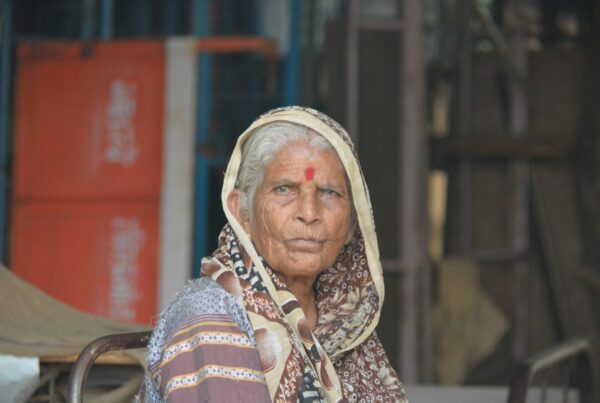For centuries, menstruation has been shrouded in secrecy, stigma, and misinformation. Despite being a natural biological process experienced by nearly half of the global population, periods remain a taboo topic in many societies. The reluctance to discuss menstruation openly has far-reaching consequences, affecting education, health, and overall well-being. It’s time to break the silence and normalize conversations around periods.
Ending the Stigma
The stigma surrounding menstruation perpetuates shame and embarrassment. Many people who menstruate are taught to hide their periods, avoid discussing them, and even feel ashamed of their bodies. This secrecy leads to misinformation, reinforcing harmful myths and limiting access to essential menstrual health resources. By openly discussing periods, we can challenge these negative perceptions and foster a culture of acceptance.
Ensuring Better Health and Hygiene
Lack of open conversations about periods directly impacts menstrual health and hygiene. Many individuals, especially in low-income and rural communities, lack access to sanitary products, proper sanitation facilities, and basic menstrual education. This can lead to infections, reproductive health issues, and poor hygiene practices. Open discussions can lead to better awareness, policy changes, and increased availability of menstrual hygiene products.
Empowering Education and Workplace Inclusion
Menstruation-related stigma often forces students to miss school and workers to take leave due to discomfort or lack of facilities. According to studies, millions of girls worldwide drop out of school after reaching puberty due to inadequate menstrual support. In workplaces, menstruation remains an overlooked issue, with little to no provisions for menstrual leave or hygiene products. By normalizing conversations around periods, we can push for inclusive policies that ensure individuals do not have to choose between their health and education or employment.
Encouraging Supportive Attitudes Among All Genders
Periods are not just a “women’s issue”—they are a human issue. Encouraging open discussions helps break gender barriers and fosters understanding among all genders. When men and boys are educated about menstruation, they become allies in eradicating period stigma, ensuring support for menstruating individuals in families, schools, and workplaces.
Advocating for Policy Changes and Affordability
Silence around periods also hinders necessary policy changes. Advocating for menstrual equity requires discussing issues like the taxation of sanitary products, the need for menstrual leave policies, and ensuring accessible period products in schools and workplaces. When society acknowledges menstruation as a natural and essential part of life, it becomes easier to push for legislative changes that promote menstrual health and rights.
Talking about periods openly is not just about normalizing a natural process—it’s about fostering education, improving health, and ensuring equity. When we break the silence around menstruation, we empower individuals to take control of their health, demand better policies, and create an inclusive society where no one has to feel ashamed of something so natural. It’s time to replace whispers with conversations and stigma with support.




